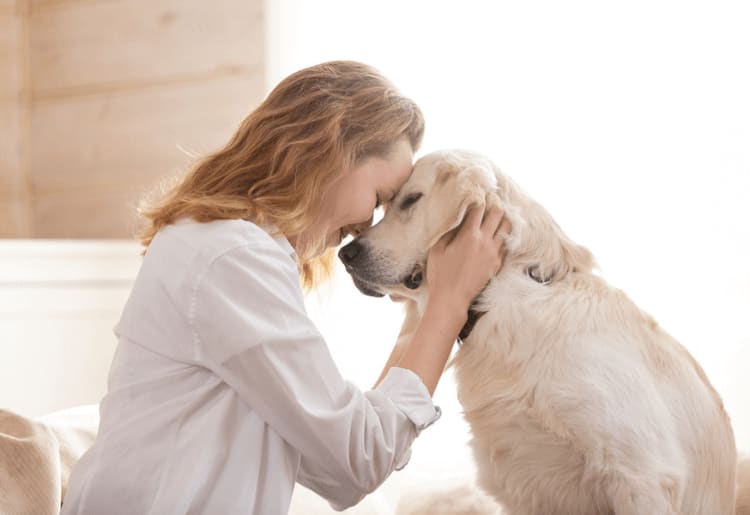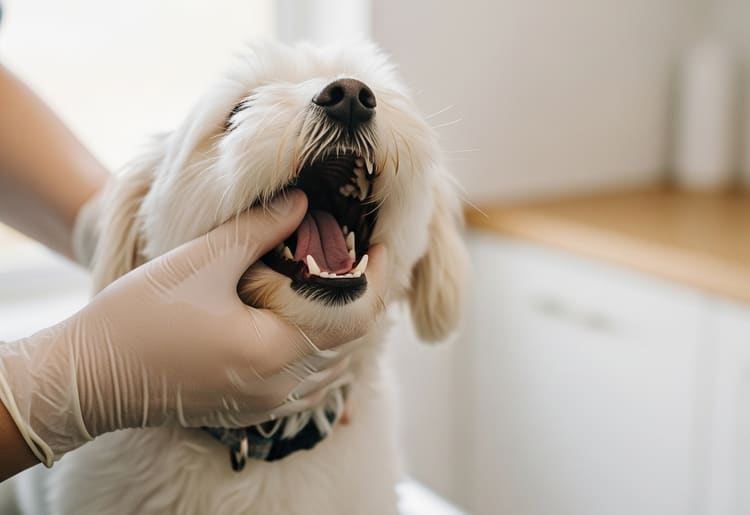
What Are The Types of Pet Insurance?
Every pet owner has unique budget and coverage needs.
Read MoreJune 12, 2025
When researching the best pet insurance companies, you'll discover they typically offer several types of coverage to choose from. One of the most budget-friendly options is accident-only coverage, which focuses specifically on unexpected injuries rather than comprehensive health care.
To help you determine whether accident-only insurance makes sense, let’s take a closer look at what it is and how it compares to other pet insurance plans.
“Accident-only pet insurance is a type of coverage that reimburses veterinary costs specifically for injuries caused by sudden, unexpected events,” says Dr. Sabrina Kong, veterinarian at WeLoveDoodles.com. You can think of it as “bare bones insurance” because, unlike accident and illness plans, it does not cover illnesses, chronic conditions, or preventive care.
Instead of providing comprehensive coverage, accident insurance is designed to mitigate the financial burden of emergencies like broken bones, lacerations, or poisoning.
“It’s a budget-friendly option for pet owners focused on immediate physical risks rather than long-term health issues,” adds Dr. Kong. Many pet owners would agree that while accident-only plans don’t cover everything, they’re better than nothing, especially if your pet is prone to accidents.
Not all types of pet insurance offer accident insurance. However, those that do typically include these coverages:
Since accident-only insurance is specifically designed to help pay for vet bills related to accidents, it excludes the following:
Now that we’ve explored accident insurance, let’s dive deeper into how it differs from accident and illness plans and wellness coverage.
These policies usually provide comprehensive coverage and can reimburse you for services related to both accidents and illnesses. In addition to broken bones and other accidents, they include allergies, gastrointestinal issues, infectious diseases, and hereditary conditions, just to name a few.
Depending on the pet insurance company, accident and illness plans might also reimburse you for alternative therapies and select prescription medications. Keep in mind that you’ll need to choose between accident and illness insurance or accident-only insurance.
Also, while accident and illness coverage is robust, it’s more expensive than an accident-only policy.
Wellness insurance is created to help pet owners cover routine care costs. Usually sold as add-ons to accident and illness or accident plans, wellness policies can help you ensure your pet receives spay or neuter surgery, vaccinations, wellness exams, and other routine services.
These services are primarily performed to reduce the risk of health conditions and detect issues early on, before they become more complicated and expensive to treat. You can always add a wellness policy to an accident-only plan.
Whether accident-only coverage is a good fit depends on your particular situation. It may be worth considering if any of the following apply to you.
Accident-only pet insurance offers a budget-friendly way to protect against unexpected veterinary emergencies without the higher premiums of comprehensive coverage.
While it won't cover illnesses or routine care, it can provide valuable financial protection for young, healthy pets or serve as a safety net when full coverage isn't an option.

Every pet owner has unique budget and coverage needs.
Read More
Dogs can bring so much joy to our lives, even when they enter their golden years.
Read More
Unfortunately, these complications can become complicated and costly to treat.
Read MoreAnna Baluch is an insurance and finance expert at BestMoney.com. She has written for Forbes, Newsweek, Credit Karma, CNN, and many other top publications. Drawing on her in-depth industry knowledge, Anna enjoys helping individuals and small business owners make smart financial decisions.